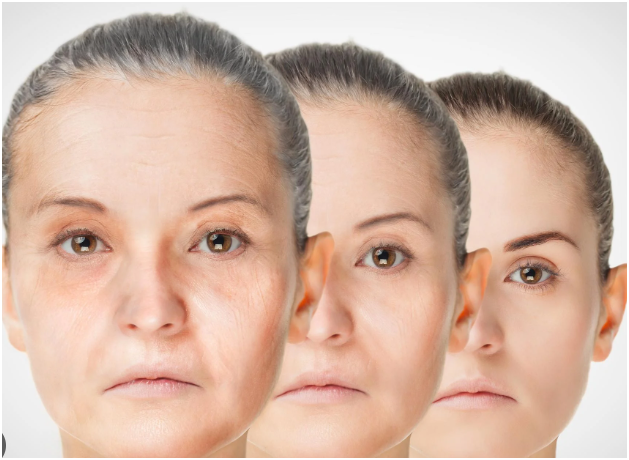Lifestyle Changes to Reverse the Ageing Process
Ageing is an inevitable aspect of life, yet advancements in science and medicine have sparked a growing interest in the possibility of reversing or slowing down the ageing process. While genetic factors play a significant role in ageing, emerging research suggests that lifestyle choices can also have a profound impact on how we age. This article delves into the science behind ageing and explores various lifestyle changes that may help reverse or mitigate its effects.
Understanding the Ageing Process:
Ageing is a complex biological phenomenon influenced by a myriad of factors, including genetic predisposition, environmental exposures, and lifestyle choices. At the cellular level, ageing is characterized by a gradual decline in cellular function and an increase in oxidative stress, inflammation, and DNA damage. These processes contribute to the development of age-related diseases such as cardiovascular disease, neurodegenerative disorders, and cancer.
Lifestyle Factors and Ageing:
While genetics play a significant role in determining how we age, emerging research suggests that lifestyle factors can modulate the ageing process. One of the key determinants of healthy ageing is diet. A diet rich in antioxidants, vitamins, and omega-3 fatty acids has been shown to reduce oxidative stress and inflammation, thereby slowing down the ageing process. Similarly, regular physical activity has been linked to improved cardiovascular health, cognitive function, and longevity.
Moreover, managing stress levels through techniques such as meditation, yoga, and mindfulness can help mitigate the detrimental effects of chronic stress on the body. Adequate sleep is also essential for cellular repair and regeneration, with studies suggesting that poor sleep quality is associated with accelerated ageing and increased risk of age-related diseases.
Furthermore, avoiding harmful habits such as smoking, excessive alcohol consumption, and exposure to environmental toxins can help preserve cellular integrity and delay the onset of age-related decline. Protecting the skin from sun damage through the use of sunscreen and practicing good skincare habits can also prevent premature ageing and maintain a youthful appearance.
Emerging Therapies and Interventions: In addition to lifestyle changes, researchers are exploring innovative therapies and interventions aimed at reversing the ageing process at the molecular level. These include interventions such as calorie restriction, which has been shown to extend lifespan and improve metabolic health in various organisms. Other promising approaches include the use of senolytics, compounds that target and eliminate senescent cells implicated in age-related diseases.
Furthermore, regenerative medicine approaches such as stem cell therapy and tissue engineering hold promise for rejuvenating ageing tissues and organs. By harnessing the regenerative potential of stem cells, researchers aim to repair damaged tissues and restore organ function, thereby reversing the effects of ageing.
Challenges and Considerations: While the prospect of reversing the ageing process holds immense promise, it also presents numerous challenges and ethical considerations. Long-term studies are needed to evaluate the safety and efficacy of emerging anti-ageing interventions, and regulatory frameworks must be established to ensure their responsible use.
Moreover, addressing disparities in access to healthcare and promoting healthy ageing across diverse populations is essential for realizing the full potential of anti-ageing interventions. Additionally, promoting awareness and education about the importance of healthy lifestyle choices is crucial for empowering individuals to take control of their own ageing process.
while ageing remains an inevitable aspect of life, emerging research suggests that lifestyle changes and innovative interventions hold promise for reversing or mitigating its effects. By adopting a holistic approach that encompasses healthy eating, regular exercise, stress management, and other lifestyle modifications, individuals can optimize their chances of ageing gracefully and maintaining vitality as they grow older. As research in the field of anti-ageing continues to advance, the prospect of unlocking the fountain of youth grows ever closer.
Stay up to date with every latest news-click here



